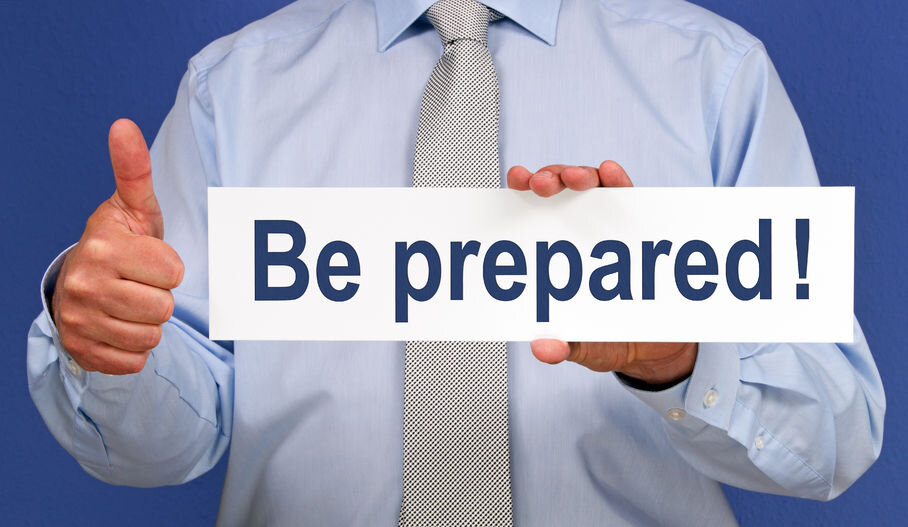What impact would flood or fire have on your business?
When you set up a business, you take out insurance. You may well spend time choosing the right insurer with the right levels of cover and service for you, or your choice might be driven by price. Either way, when you make your selection, you’re more than likely secretly hoping that it’s a policy that you’ll never have to call on. However, disasters do happen and businesses do become victims of flood and fire. Although the aftermath is never easy, it can be made easier if you’re aware of what might happen so you can be prepared for it – forewarned is forearmed so to speak. In this article we want to share a number of things that your business should plan for in the unwanted event of a flood or a fire:
Interrupted service
It goes without saying that if you have physical premises, like a shop or a High Street office, the likelihood is that there’ll be some interruption to the service you can provide after a flood or fire. But even if you’re a sole trader or contractor working from home, a flood or a fire in your home will affect your ability to deliver.
While some of your clients will be close enough and loyal enough to withstand some interruption, clients tend not to wait around forever before jumping ship to one of your competitors. No matter how relaxed you feel about risk, it’s well worth considering what would happen if you couldn’t deliver a normal (or at least acceptable) level of service to your clients for a week or two. And if you can, go a step further and have a safety net in place so you can ensure minimal disruption.
Loss of data and documentation
In today’s world of clouds and internet, data is King and while it’s in the cloud or on line on a remote server, it’s reasonably well protected from fire or flood in your business premises. That said, there are always paper documents and data on desktops and laptops that is at risk. Maintaining up to date backups of all documents (paper and electronic) is a great way of protecting yourself in the event of a fire or flood. Working this way also means that you can restore order more quickly.
Slump in profits
While making money might be the thing furthest from your mind when you’re calling the emergency services, once the urgency of the disaster is over, your thoughts are sure to turn back to why you’re in business at all – to make money. Profits get hit by a whole host of things after a disaster. It may be that your premises are so badly affected that you simply have to stop trading until you find an alternative. Once you find an alternative, it may take time to convert clients over to that location. Or it could be that your stock is destroyed and you can’t replace it until your claim is settled. Either way, it’s reasonable to expect at least some sort of blip in your cashflow after a natural disaster. The best way to survive this, once again, is to be protected, either by insurance or by having an emergency fund to tide you over.
Damaged reputation
It’s almost unthinkable that people could be impatient and cruel to the extent of damaging your reputation because you can’t deliver after a fire or a flood. But the reality is that this happens. Some of the perpetrators mightn’t be aware of the reasons for your downturn in service and might innocently go out to say that you’ve failed to deliver. Others might be fully aware, but be out to damage you anyway. Either way, great communication is the key so you can stay close to your clients, keep them informed and manage their expectations.
If you’ve faced a fire or flood in your business and want help from an expert, get in touch today.

